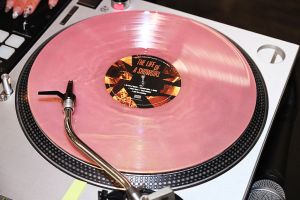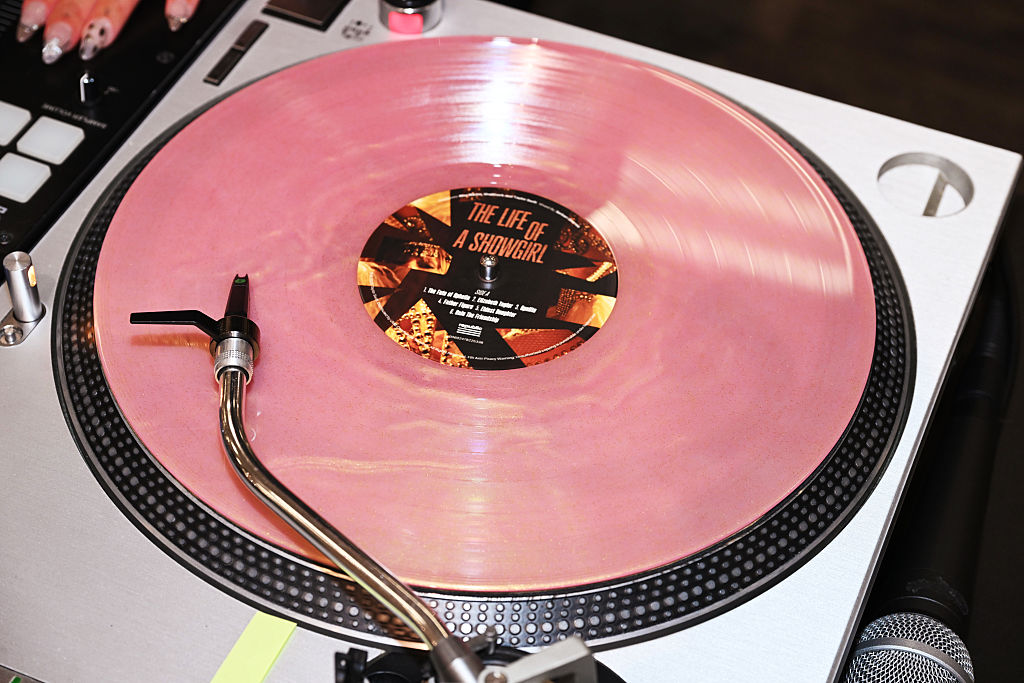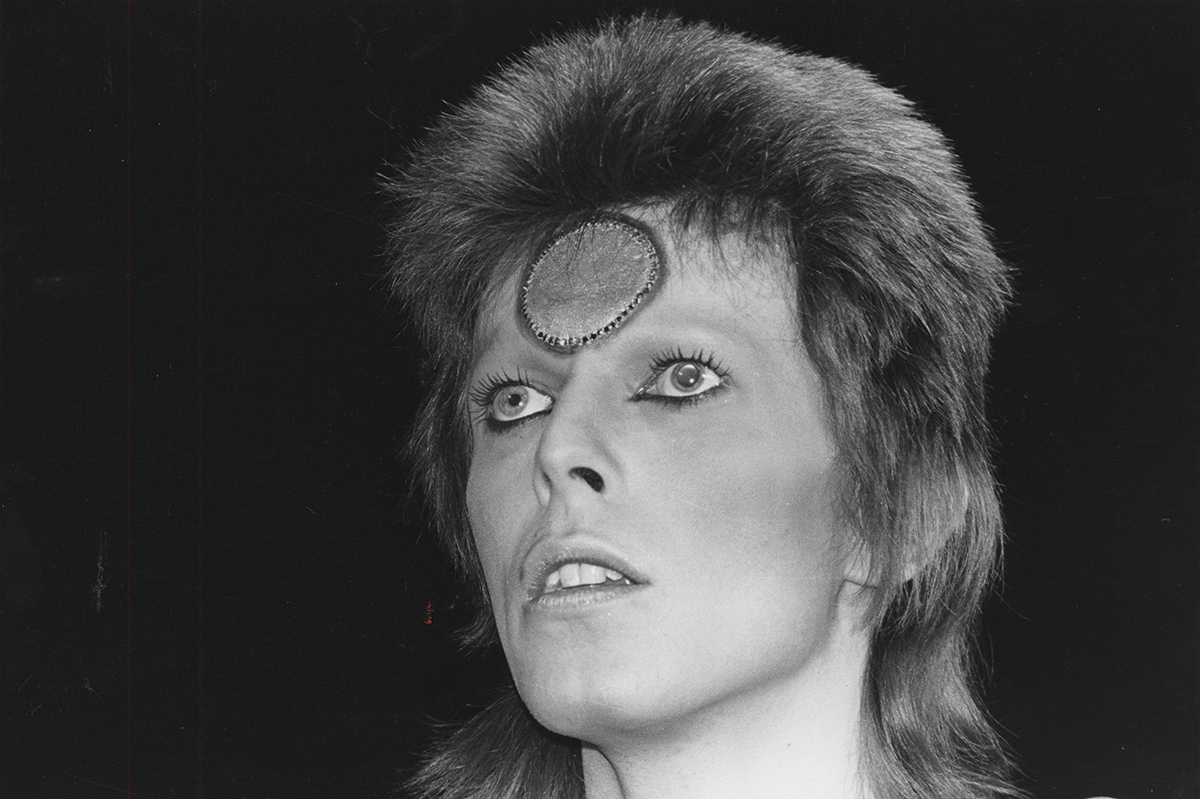There is no higher calling than making great pop music, and no mechanism by which such an achievement can be faked or fudged. No lofty exposition, no pleading discourse, no mitigating circumstance, no ifs, buts or boo-hoo back story can bend a piece of so-so music into a great pop song. We simply know one when we hear one. Commentators may gush about Beyoncé’s genre-strafing cultural significance until the cows come home, but it doesn’t alter the plain fact that she hasn’t released a single piece of music in more than a decade that will stand the test of time come pop’s judgment day.
“Pop” implies freshness. Fizz. This doesn’t merely apply to the sound of the music, but the speed of delivery. It should be urgent, immediate, endlessly on tap. Also implied in the word, of course, is a bubble forever on the verge of bursting. The trick for any dedicated pop star, therefore, is to keep blowing. The best of the breed know that the rhythm of pop allows for precious few pit stops. Madonna and Prince both enjoyed unbroken runs of hit singles between the early 1980s and mid-1990s. One Direction released five albums in five years. Ed Sheeran worked obsessively for a decade. These days, only Taylor Swift appears to understand that in order to maintain traction, a pop artist has to keep moving – 2025 is the first year since 2005 that Swift hasn’t released a single (though there’s still time). She has been top of the pops for more than a decade because she understands that, in this game, if you snooze, you lose. Witness Rihanna and Lady Gaga, who each enjoyed a handful of imperious years before their momentum stalled.
Which brings us to Lorde. It is eight years since a precocious New Zealander released Melodrama, a more or less perfect pop record bursting with fabulous tunes, arresting sounds, supersmart words, bags of attitude and oodles of emotional light and shade. Her fourth album, Virgin, attempts to re-carbonate some of that fizzy magic following the beach-BBQ stoner strums of 2021’s Solar Power. Such a task proves easier said than done. Much of Virgin sounds like an artist attempting to reanimate a bonfire of creativity armed only with a couple of soggy twigs. Perhaps that’s what happens when you park the Popmobile in the garage for too long.
At 11 tracks and 34 minutes, the album is at least appreciably punchy. Having swapped out her past collaborator, Jack Antonoff, for Jim-E Stack, it defaults to a rawer, glitchier electronic sound which often feels oddly underpowered. “What Was That” plays as a ghostly echo of the coming-up euphoria of much of Melodrama. “Current Affairs” is not the only track heavy on atmosphere but skimpy on the pay-off. Pop craves release but, here, too many tunes don’t stick, and too many choruses fail to arrive. The couple of ballads pass by pleasantly. “Hammer” manages to be both melodically bland and sonically messy.
Nothing is actually bad, or anywhere close. Lorde’s voice remains a great and characterful instrument, and she operates at several levels above the standard pop lyricist, rarely more than a few moments away from an arresting line or a sharp turn of phrase. “Shapeshifter” merges dreamy textures with minimalist rhythm to build up a surging grandeur, but Lorde locates pop’s sweet spot only once here, on “Broken Glass,” which will come to be seen as one of her best songs. A thin electronic pulse locks into a genuinely beautiful melody and inventive vocal arrangement, all set to a desperately sad lyric.
It should be noted that Virgin is a very personal record, and often an unhappy one. Its themes include shifting gender identity, illness, body dysmorphia, therapy, heartbreak: a very modern menu of dysfunction. Similar themes frame many new releases by contemporary pop artists, and while they provide plentiful fodder for interviews and fuel endless loops of social media comment, in the final reckoning they won’t make a good song into a great one.
Perhaps pop these days struggles under the weight of all the discourse around it. It is not the artist’s fault necessarily that the humble pop song can no longer just be a humble pop song, but the sheer demand for significance risks playing against the immediacy of the form. The solemn subject matter and Lorde’s return following a lengthy absence make Virgin an event, undeniably – but they cannot quite transform it into gold-standard pop music.

























